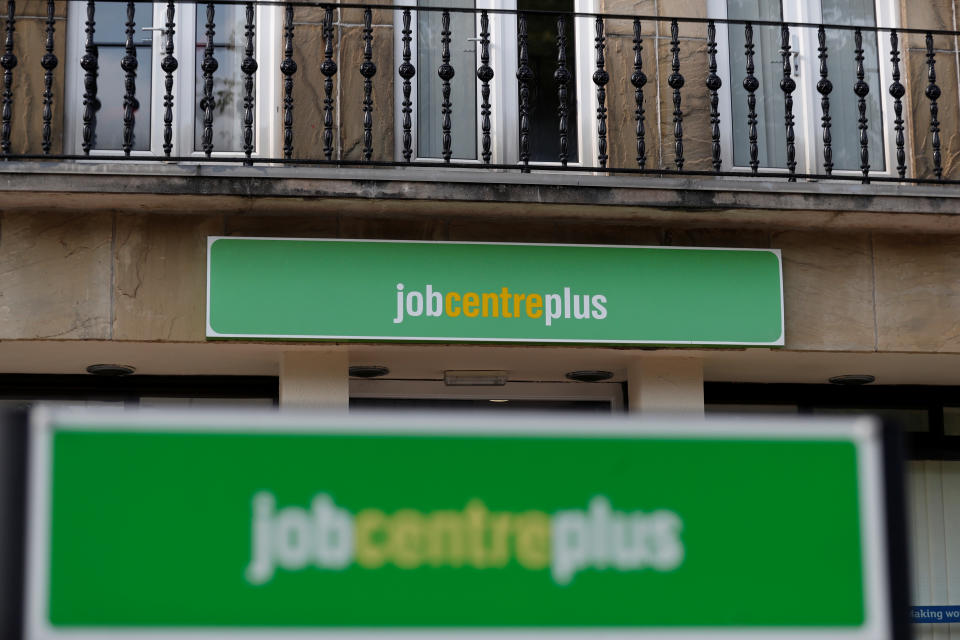UK hiring 'picks up' but remains below pre-coronavirus levels

UK recruitment has picked up compared with the previous quarter but still remains below pre-coronavirus levels.
According to the British Chambers of Commerce (BCC) Quarterly Recruitment Outlook (QRO), in partnership with Totaljobs, 37% of firms attempted to recruit in the third quarter, a bump from the historic lows of Q2 when only a quarter of companies were looking for new employees.
In the first quarter, pre-COVID-19, just over half of firms (55%) were looking for new workers.
Vacancies on Totaljobs’ website are now at 68% of the level they were before the pandemic struck.
The survey, carried out in August and September, also found that businesses within the construction (48%) and transport/distribution (44%) sectors were among the most likely to recruit.
Hotels and catering firms (30%), still suffering from lockdown measures in the UK, were the least likely to recruit.
The survey received 6,400 responses comprised predominantly of SMEs employing fewer than 250 employees, and is the largest of its kind in the UK. Fieldwork was carried out before the introduction of the Job Support Scheme and other interventions.
Over three in five (62%) of the firms surveyed said they expect no change to the size of their workforce in the coming quarter, while around one in five, said they anticipate decreasing the size of their workforce, compared with 29% in Q2.
READ MORE: Coronavirus: Goldman and Morgan Stanley slash Europe outlook amid new national lockdowns
BCC director general Adam Marshall said: “Our results continue to highlight big shifts in the UK labour market as a result of the pandemic. Despite some gains compared to the historic plunge in recruitment in the Spring, we are still a long way from the healthy jobs market we saw prior to the Covid crisis.
“Given the scale of the challenge, it is vital that business and government work together on retraining and re-skilling the UK workforce. Governments across the UK will have to make sustained investments in retraining schemes for people of all ages to help them stay in and progress in the job market.
“The Kickstart scheme, where Chambers are already working hard to connect local employers with young people, and the Lifetime Skills Guarantee are two pieces of a very big jigsaw.
READ MORE: What's next for the furlough scheme? The extension and Job Support Scheme explained
Totaljobs CEO Jon Wilson said: “It’s positive to see numbers moving in the right direction for the many SMEs that contributed to this research. However, it’s no surprise that the UK market is yet to close the gap created by the pandemic – and with renewed restrictions this winter, clearly we’re not out of the woods yet.”
Over the weekend it was announced there would be a temporary extension to the furlough scheme, while the UK enters a second national lockdown. A new Job Support Scheme was due to come into effect on 1 November, as employers faced a jobs cliff-edge.
WATCH: Why have job losses risen despite the economy reopening?

 Yahoo Finance
Yahoo Finance 